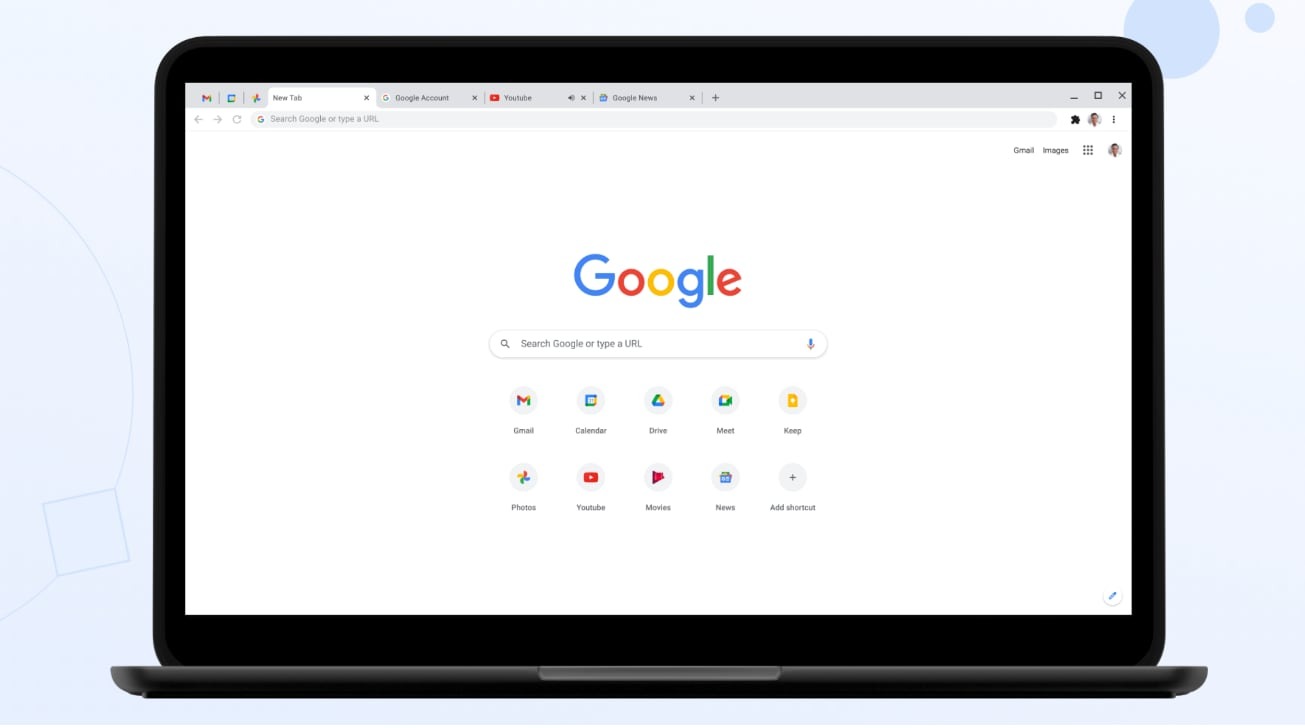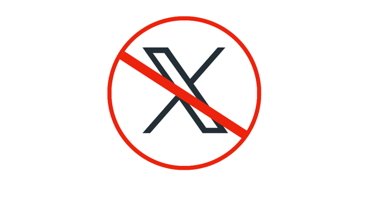Chrome is still a memory hog on macOS compared to Safari
Long been derided as a resource-consuming web browser, a recent test by a developer reveals Google Chrome to use multiple times the memory of Apple's Safari in macOS.
Chrome is often the source of ire for users who find the Google-created browser to be bloated and too keen to consume a Mac's available memory. In many cases, users are pointed in the direction of the lightweight Safari, but in a new test report, a developer shows how bad Chrome is on RAM.
A blog post by Flotato developer Morten Just spotted by iMore attempted to find out how much the memory disparity is between Safari and Chrome. Two tests were performed, with the browsers experiencing minimal load alongside a more realistic scenario.
For the minimal load test, a virtual machine was set up with a clean macOS installation, and the browsers were made to open up two tabs showing Twitter and Gmail. A snapshot of the memory and CPU utilization was captured 250 times per second using psrecord.
In the minimal scenario, the average RAM usage for Chrome for just the Twitter tab was 730 megabytes, ten times the 73 megabytes observed for Safari. Flotato, an app for loading mobile versions of websites as an app on macOS, shaves the RAM usage down a bit further to 63MB.
Under the two-tab test, Chrome's memory utilization reached 1 gigabyte after a minute, while Safari stayed consistently below 80 megabytes.
Instead of a virtual machine, the second "stress test" used Just's own macOS installation and opened up 54 tabs in each browser. While Safari kept the average amount of RAM used per tab to a svelte 12 megabytes, Chrome's average per-tab memory usage was a massive 290 megabytes.
Both Apple and Google regularly improve their respective browsers, with Safari 14 introducing more performance improvements alongside new features like a tab bar redesign, customizable start page, and privacy-related elements.
To Google's credit, it has been working to introduce some enhancements to change how it handles background webpages, improving processing performance as well as reducing the load on a Mac's battery, and even a version built for Apple Silicon. Memory consumption has been a long-running problem, which Google has repeatedly tried to address, but evidently it is still an issue.
 Malcolm Owen
Malcolm Owen
![The memory and CPU consumption of Chrome (left) and Safari (right) when opening 54 tabs in macOS [via Flotato]](https://photos5.appleinsider.com/gallery/40422-77863-flotato-memory-consumption-54-tabs-chrome-safari-xl.jpg)














 Amber Neely
Amber Neely
 Thomas Sibilly
Thomas Sibilly
 AppleInsider Staff
AppleInsider Staff
 William Gallagher
William Gallagher

 Christine McKee
Christine McKee









36 Comments
What in God's name could require Chrome to use 10-20x the amount of memory that Safari uses??? Just one of the reasons I keep Chrome off my MBP. For another reason, search Chrome Keystone Mac
I have a 2019 iMac with a 3.6GHz i9 CPU, 64gb of RAM, and 8gb of video ram- so quite a powerful system.
I was using Chrome for quite a while, but I noticed I was hearing the iMac's fan a lot. I installed the program MenuBar Stats which gives all sorts of system info- CPU and RAM usage, reading on the almost 30 temperature sensors inside the machine, and of course, fan speed.
Well, the fan would often go to 100%. The CPU temp would soar to 165-170º.
Then I switched to Safari. Not only did everything load faster, but the fan stopped coming on. The programs that were operating at the same time, worked faster. The CPU temp rarely goes about 145º.
Chrome simply sucks.
https://chromeisbad.com
I really wish Safari would support multiple users so I could ditch Chrome, because I use different accounts for different clients.
When the news broke a couple of months ago I removed Chrome using the detailed removal instructions and my Macs have been fine ever since. I still have Google Earth on my computer and it hasn't been a problem.
Does the M1 version of Chrome have the same problem? The article doesn't say.